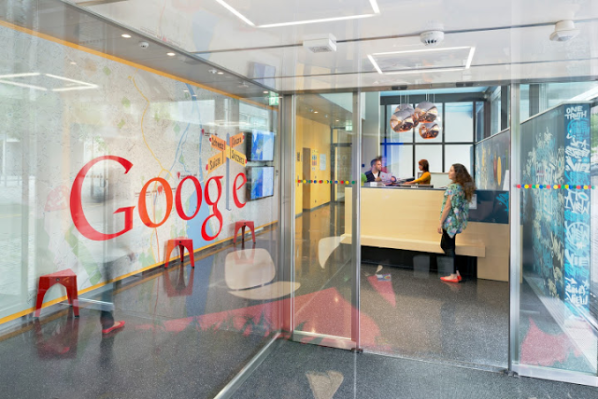Google announced this morning it’s opening a dedicated machine learning research center in Europe, which will be based in its Zurich office. The center will focus on the development of products and research in the areas of Machine Intelligence. Specifically, says Google, it will research ways to improve machine learning infrastructure as well as how to put it into practical use. Researchers will also work with linguists to advance Natural Language Understanding – machines’ ability to understand and process human language.
Google’s Zurich office was already home to a lot of activity in this area, the company notes. The engineers there developed the engine for Google’s Knowledge Graph, which is what augments Google Search with added information on people, places and things, putting more details in the sidebar or in a carousel the top of the screen when you search for these subjects.
It’s also where Google developed the conversational engine that powers Google’s Assistant in Allo, its new messaging app announced at this year’s Google I/O.
The company says that there will be three key subjects covered by the research team in Zurich going forward: Machine Intelligence, Natural Language Processing & Understanding, and Machine Perception.
Google also notes that it makes sense for it to have a research home in Europe, where many of the world’s top technical universities reside. This gives it access to researchers to build out its teams.
It’s worth pointing out, too, that this isn’t Google’s only investment in research in Europe in recent days. Via its German division, Google Germany, it invested in the German Research Centre for Artificial Intelligence (the DFKI), last year. This nonprofit institute is home to 450 scientists, academics and others who work on things like language technology, embedded intelligence, augmented reality, knowledge management, and multimedia analysis and data mining.
Plus, Google spent over $500 million to buy an AI startup DeepMind in the U.K. and invested in Oxford University’s AI research efforts, as well as its Venture Fund (via Google Ventures.)
